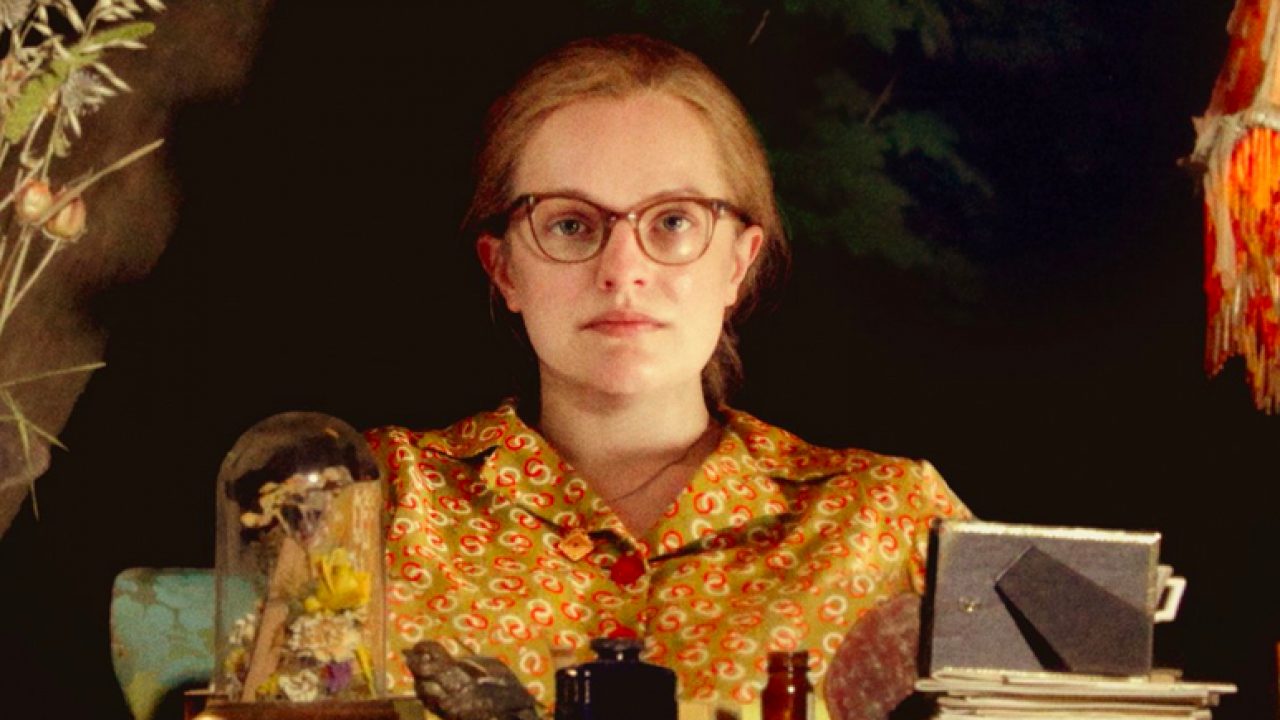Nothing is quite as it seems in Josephine Decker’s new psychodrama, Shirley. Following the famous horror writer Shirley Jackson (Elizabeth Moss), Shirley imagines the reclusive writer’s life with her husband Stanley Hymen (Michael Stuhlbarg). When Stanley’s new apprentice, Fred Nemser (played by the internet’s old boyfriend Logan Lerman) and his young wife Rose (Odessa Young) move into Shirley and Stanley’s dysfunctional home, the audience quickly becomes aware of a strange, palpably tense atmosphere, one that remains present throughout the film.

Nothing is quite as it seems in Josephine Decker’s new psychodrama, Shirley. Following the famous horror writer Shirley Jackson (Elizabeth Moss), Shirley imagines the reclusive writer’s life with her husband Stanley Hymen (Michael Stuhlbarg). When Stanley’s new apprentice, Fred Nemser (played by the internet’s old boyfriend Logan Lerman) and his young wife Rose (Odessa Young) move into Shirley and Stanley’s dysfunctional home, the audience quickly becomes aware of a strange, palpably tense atmosphere, one that remains present throughout the film.
Despite her brilliance, Shirley struggles with her writing; in fact, she struggles with most things in her life. What is described in a 1960s setting as “bouts” are quite clearly undiagnosed mental health issues, most probably of depression and agoraphobia. To help keep her on track with her writing, Stanley enlists Rose to help manage the house and keep tabs on his wife, in exchange for room and board for the young couple. What develops is an intense, unexpected relationship between the two women.
The relationship between Shirley and Rose is at the heart of the film. The sapphic tension between them only grows as we see Shirley share moments of rare vulnerability with the young woman. Throughout the film, Shirley is attempting to write a novel (a departure from her highly successful short stories) about a missing girl who went missing from campus; she eventually recruits Rose to help her dig up information about the case. Even with her husband continuously trying to control her writing and insisting she stick to short stories, Shirley continues to believe in the importance of her novel.

Elisabeth Moss offers a delightfully unsettling depiction of the famed writer. She takes pleasure in being menacing, declaring herself to be a witch and often deliberately trying to unravel the lives of the people around her. The film assuredly subverts the trope of the eccentric male genius; despite their often tender relationship, Rose never becomes much more than a prop to Shirley, a muse whose function and relevance is only temporary. With clear parallels to the Edward Elbee play ‘Who’s Afraid of Virginia Woolf?’, Shirley also examines the sour generational dynamics between the two couples as the older pair continuously work to sabotage their younger counterparts’ relationship.
As a director, Josephine Decker is proving herself to be one of the most interesting filmmakers on the scene. While this is a very different turn from her previous works, work which includes Madeline’s Madeline (2018), her fingerprint is still clear on the material. Much of Shirley feels dreamlike, a bewildering trance which knowingly confuses the real with the fictitious. It manages to be intensely claustrophobic and yet so much of Shirley is a matter of unravelling possibilities. From scene to scene, what might happen next is unguessable. Shirley is a confident and sharp film, sustaining its gothic tone and portraying its nuanced female characters with care. Above all however, Shirley is just fun to watch.
Shirley releases October 30th.
